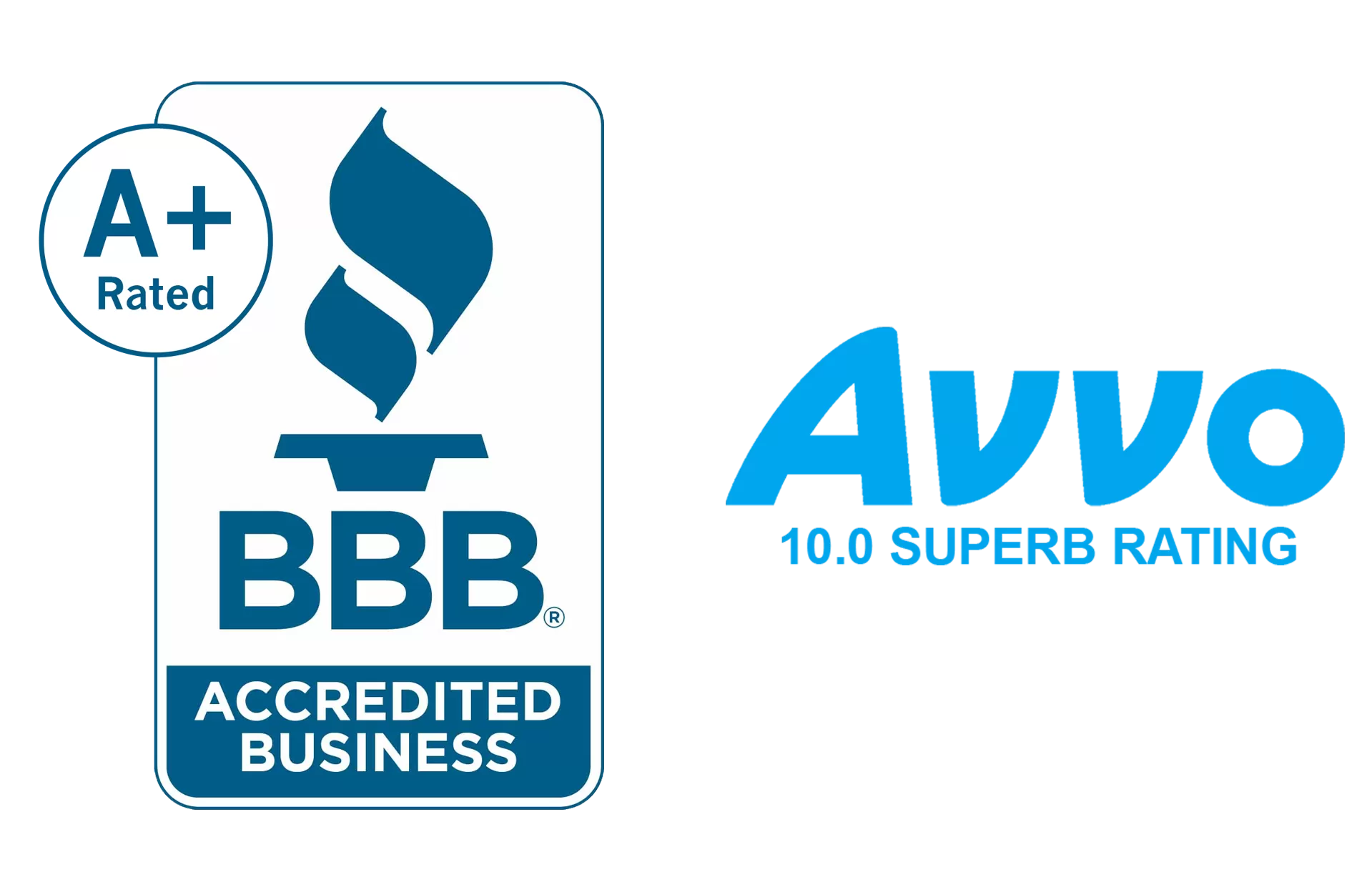On December 18, 2012, the FDIC issued a notice in the Federal Register of the two significant revisions to the FDIC’s definition of de minimis offenses, which will now allow more individuals to apply for bank employment without being subject to falling under Section 19 of the FDIA. After receiving a number of Section 19 individual waiver applications where the applicant did not meet one of the de minimis factors in particular with respect to the amount of jail time served and the maximum potential fine, the FDIC sought to modify the factors as they believed that those particular factors did not play a significant role in the decision to grant or deny a Section 19 application.
The first change to the de minimis criteria is the maximum potential fine for the offense has increased. Previously, the maximum potential fine was $1,000 or less, but the FDIC has now increased the maximum potential fine of $2,500 or less. This revision is beneficial for individuals who may have met all of the other de minimis factors but their maximum potential fine exceeded the $1,000 threshold.
The second and most beneficial change to the de minimis factors is the requirement of no jail time being served. The FDIC has now modified that factor where an individual can serve three days or less of actual jail time. This particular change is incredibly important because often times when an individual was arrested for a minor offense they were often taken to a police station where they were kept in a holding cell for a brief time and their fingerprints were taken. More often than not, when sentencing the individual, a court would count that short period of time as a day of custody and aware the individual one day of credit for time served. Although the individual’s time at the police station or county jail may have only amounted for a few short hours, it was enough time to require the individual to apply for a waiver of Section 19.
If you believe that you may fall under the new de minimis factors, you should contact our law firm so we can research your case, determine your eligibility and if necessary, draft an opinion letter to your current or potential FDIC insured institution employer.


